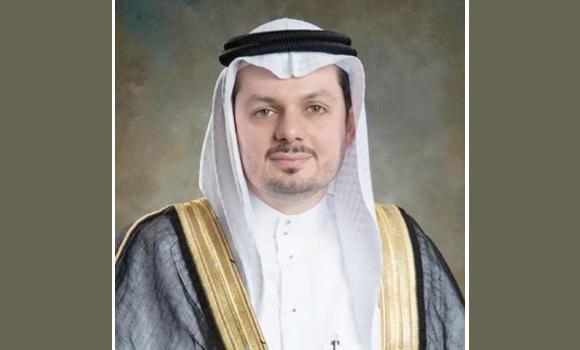
MCCI lays emphasis on ‘Made in Makkah’ industries
Dr. Abdullah bin Shakir Al-Ghalib, secretary general of the Makkah Chamber of Commerce and Industry (MCCI), stressed the importance of local industries, especially for future development in the framework of industry development under the slogan “Made in Makkah.”
He said that the Custodian of the Two Holy Mosques’ government always feel proud to provide services to pilgrims without delay, and huge projects that are going on in the holy city are evidence of the keenness of the government to provide a safe environment for Haj and Umrah visitors.
Al-Ghalib stressed bridging the gap between the industrial sector and its ability to keep up with the size of the actual need of goods in the Makkah market.
He also emphasized the need for funding programs to remove any obstacles, as well as develop skills and training to provide the best manpower. He said the estimated amount that a pilgrim spends on gifts is almost SR2,000; pilgrims who come from outside of the Kingdom spend SR19.8 billion in addition to local pilgrims who spend almost SR4.9 billion during Haj.
He explained that the number of factories in Makkah is about 189, including 63 factories in the industrial city and 126 factories outside the city; there are a number of factories under construction, where 147 factories will be producing different products.
He also said that the volume of capital investment in the factory sector in Makkah is about SR2.2 billion, where the current capacity for 4,000 workers will increase with factories for plastic pipes and packing materials, household items, preservatives, water, metals, aluminum, furniture, appliances and utensils from aluminum, food, chemicals, paints, iron, projects in contracting and construction, sweets, chocolates, perfumes and others.
He said that the gift sector’s revenue is almost SR3.6 billion annually, and that 80 percent of the gifts are made and imported from outside of the Kingdom, which does not provide the best opportunities for Saudi investors in the sector.
MCCI is trying to find a solution to obstacles in financing and training to achieve progress and industrial prosperity in Makkah.
He believed that spending on gifts is mainstream which can increase the budget especially when pilgrims from abroad spend on gifts from the Kingdom for their loved ones. There is a growing interest in the retail sector, particularly during Haj season, as well as Umrah and during Ramadan.
He noted that through the transformation of many of the shops that sell items, gifts of a religious nature, the arrival of pilgrims from different countries creates a significant demand for the Saudi riyal to cover Haj expenses.



























